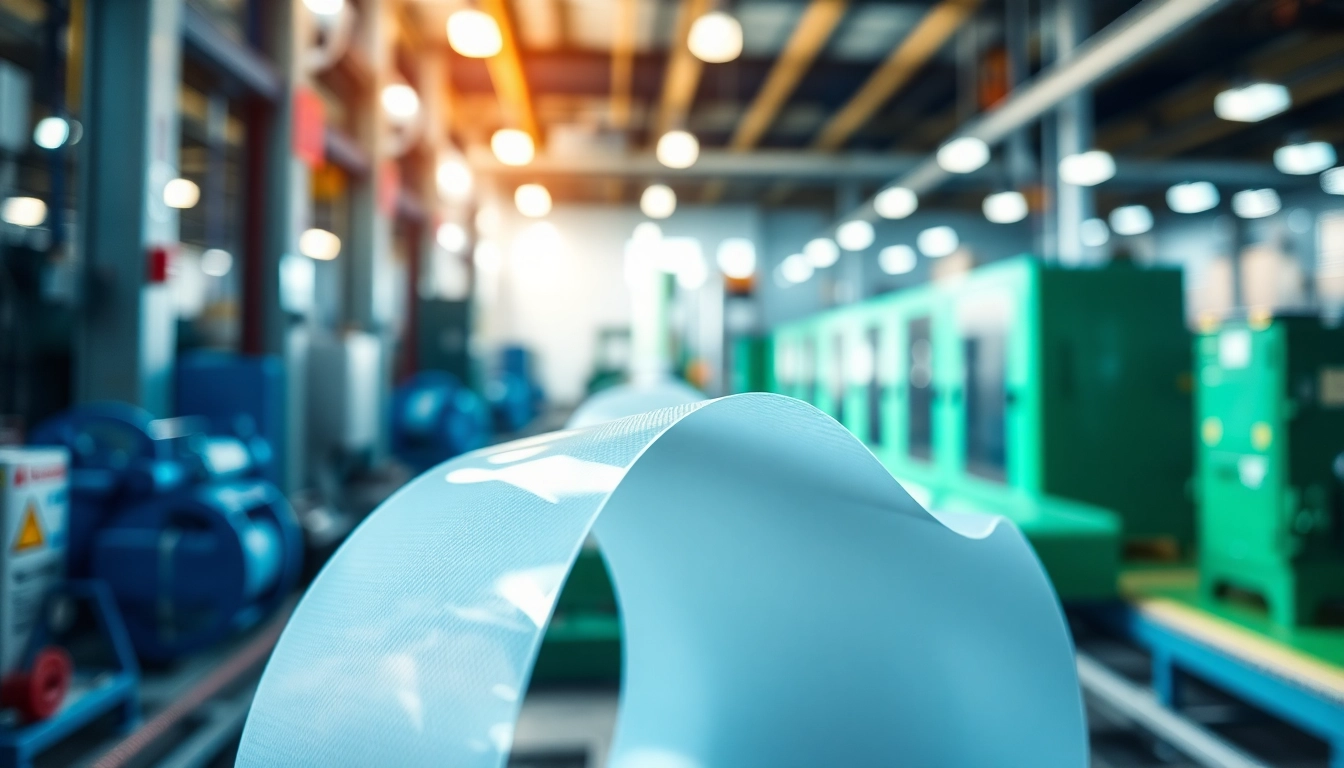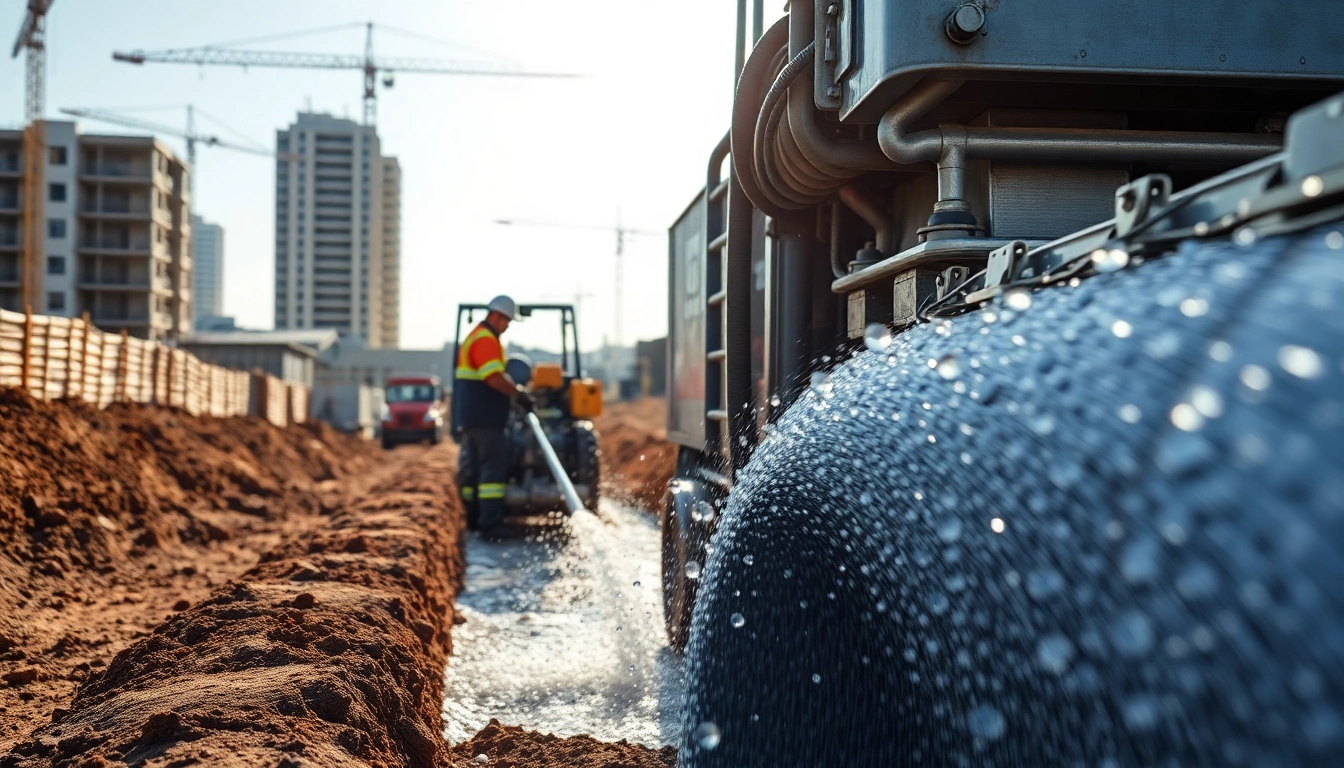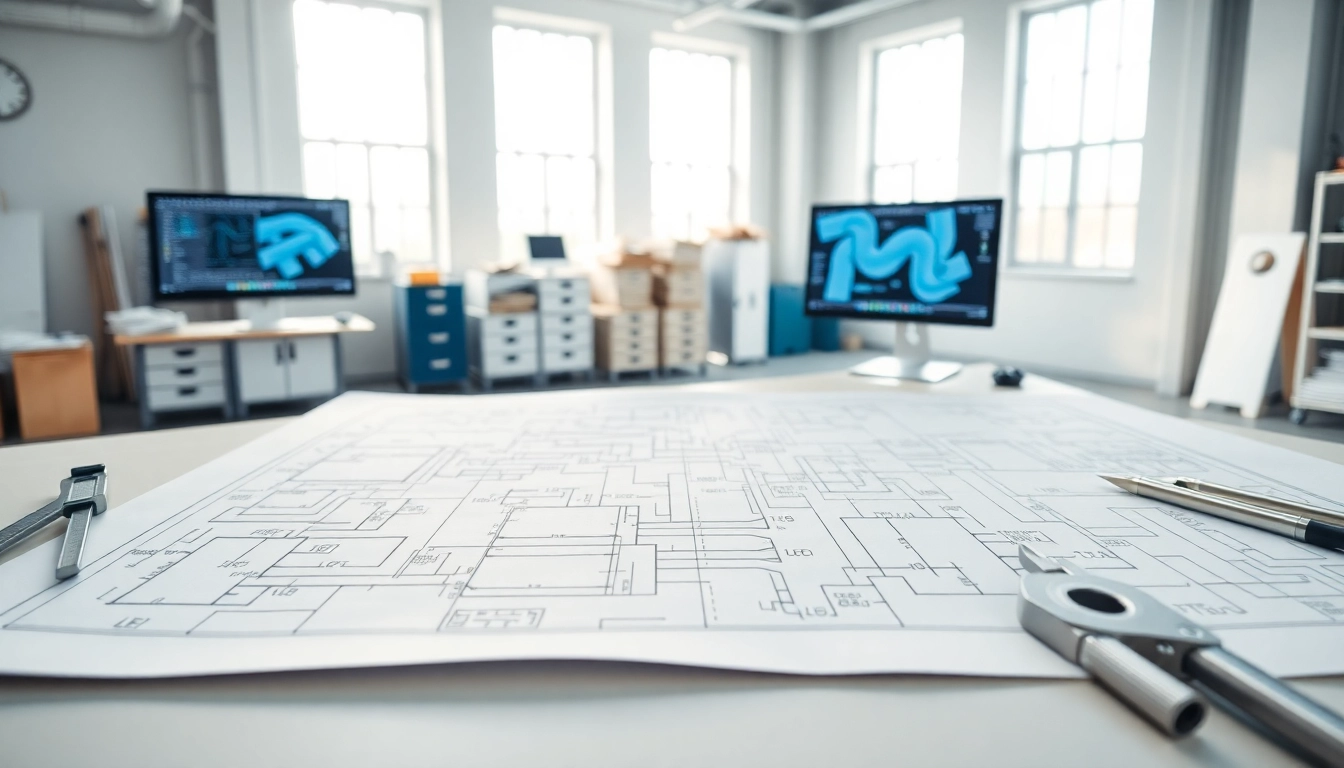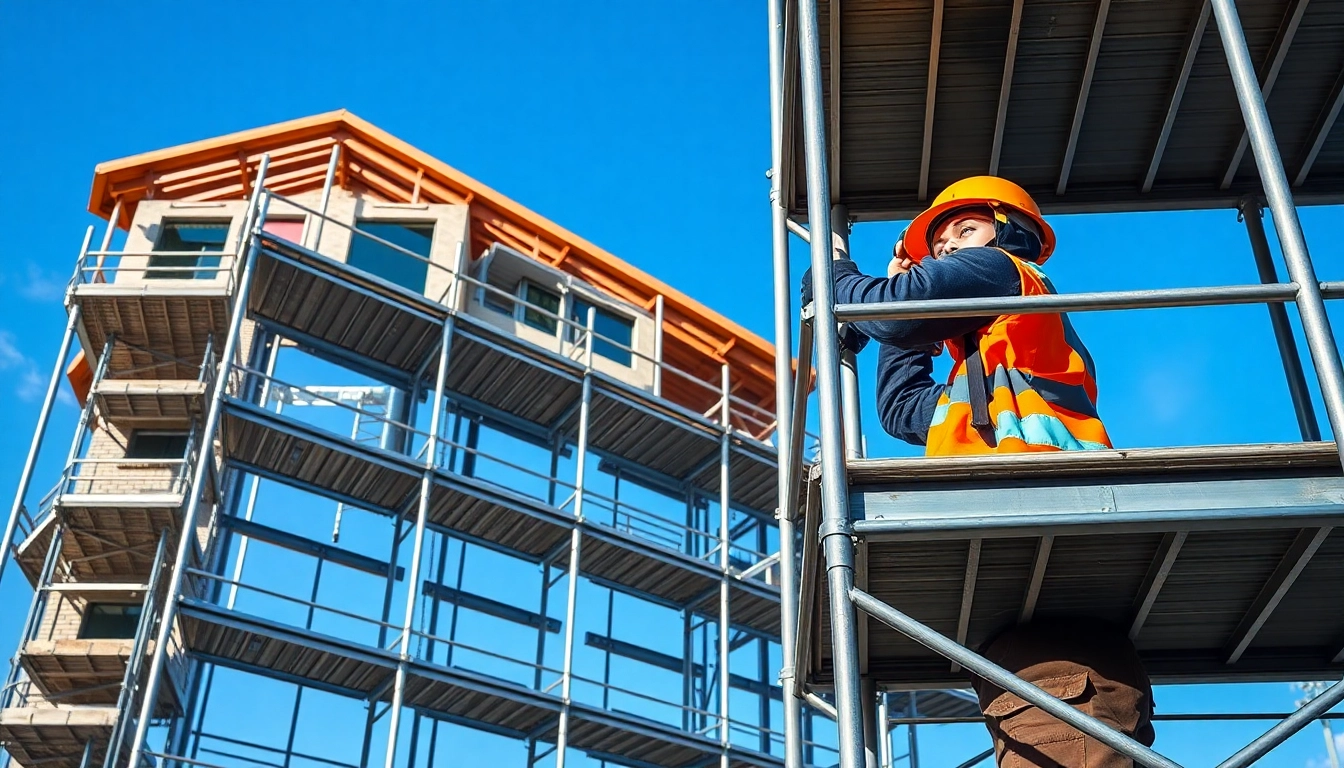Understanding the Basics of Softgel Machine
In the dynamic landscape of pharmaceutical and nutraceutical production, the Softgel Machine plays a pivotal role. This specialized equipment is designed to encapsulate liquids within soluble gel capsules, facilitating the delivery of various substances in a user-friendly format. From vitamins to pharmaceuticals, softgels have gained popularity due to their versatility and ease of consumption.
What is a Softgel Machine?
A Softgel Machine is a sophisticated piece of equipment used to manufacture soft gelatin capsules, commonly known as softgel capsules. These capsules are made from a gelatin-based material that forms a hermetically sealed shell, encasing a liquid fill. The machine automates the entire process, enhancing efficiency and consistency while reducing the groundwork needed from operators. In essence, it transforms raw materials into a consumer-ready product, contributing significantly to the production capabilities of health and wellness companies.
How Softgel Machines Work
The operation of a Softgel Machine can be understood through several key stages:
- Preparation of Gelatin Mass: The process begins with the formulation of the gelatin mass, which is heated and mixed to achieve the desired viscosity. This forms the outer shell of the softgel.
- Filling with Liquid: The next step involves the introduction of the liquid fill into the gelatin molds. The fill can range from oils to suspensions, depending on the product’s requirements.
- Sealing: Once filled, the gelatin is sealed to create an airtight capsule, ensuring the integrity of the contents. This is achieved through a series of rollers and compressing actions within the machine.
- Drying: After sealing, the softgels are transferred to a drying unit, where they are subjected to controlled environments to remove excess moisture, finalizing the production process.
Key Components of Softgel Machines
Understanding the key components of a Softgel Machine is crucial for operational efficiency and maintenance. The primary components include:
- Gelatin Injection System: This system is responsible for producing and injecting the gelatin mass into pre-designed molds.
- Filling System: It manages the precise filling of liquids into the gelatin capsules, often controlled by programmable logic controllers (PLCs) to ensure accuracy.
- Sealing Mechanism: This component ensures that the softgels are hermetically sealed to prevent leakage and extend shelf life, using calibrated rollers to exert appropriate pressure.
- Drying Tunnel: A crucial part of the machine, the drying tunnel provides a controlled environment for the softgels to cure, ensuring optimal firmness and shelf stability.
- Control Panel: Modern machines are equipped with intuitive interfaces that allow operators to monitor and adjust production parameters in real-time.
Advantages of Using Softgel Machines
Investing in a Softgel Machine has notable advantages for manufacturers looking to optimize their production process and improve product offerings. Here are some of the critical benefits:
Improved Product Consistency
One of the standout features of a Softgel Machine is its ability to produce capsules with uniform sizes and weights. This consistency is crucial for maintaining consumer trust and compliance with regulatory standards, as each capsule must deliver the exact dosage intended. Automation reduces the variability often present in manual processes, ensuring that every batch meets stringent quality benchmarks. This is particularly beneficial in pharmaceuticals, where dosage precision is critical.
Enhanced Shelf Life
Softgel capsules boast a superior protective barrier against external elements compared to traditional tablet forms. The sealing process employed by Softgel Machines creates a hermetic seal that minimizes oxidation and moisture intrusion, substantially enhancing the shelf life of sensitive ingredients, such as omega-3 fatty acids. This longer shelf life translates to reduced waste and better inventory management for manufacturers.
Cost-Effectiveness in Production
While the initial investment in a Softgel Machine can be significant, the long-term savings and efficiency gains often justify the cost. Automating the encapsulation process streamlines production, which can lead to increased output without a corresponding rise in labor costs. Additionally, the reduction in material waste and improved yield further contributes to overall cost savings. Manufacturers can see a swift return on investment as production scales up.
Challenges in Operating Softgel Machines
While Softgel Machines offer numerous benefits, they also come with their own set of challenges. Understanding these issues and how to address them can help manufacturers optimize their operations:
Common Maintenance Issues
The operation of Softgel Machines requires ongoing maintenance to ensure optimal performance. Common maintenance issues include:
- Wear and Tear: The moving parts within the machine can experience wear over time, which may lead to mechanical failures if not routinely serviced.
- Contamination Risks: Improper cleaning procedures can result in cross-contamination of products, jeopardizing quality and compliance.
- Calibration Needs: Regular calibration of filling mechanisms and sealing pressures is necessary to maintain product consistency and prevent malfunctions.
Operational Challenges and Solutions
Operators may encounter various operational challenges, but several strategies can improve efficiency:
- Training Programs: Investing in regular training sessions for machine operators can significantly reduce human errors that lead to inefficiencies.
- Preventive Maintenance Plans: Establishing comprehensive preventive maintenance schedules helps identify and address potential issues before they escalate.
- Real-time Monitoring: Utilizing IoT-enabled devices to monitor machine performance can provide insights into operational bottlenecks and areas for improvement.
Quality Control Measures
Implementing rigorous quality control measures is essential for maintaining the integrity of softgel production. This includes:
- Raw Material Testing: Conducting thorough testing of gelatin and liquid fills before production helps ensure that materials meet quality standards.
- In-Process Inspections: Regular inspections during the production process can identify deviations from standards and enable immediate corrective actions.
- Final Product Testing: Quality control tests at the end of the production line, including dissolution and disintegration tests, help ensure that softgels are effective and meet regulatory requirements.
Innovations in Softgel Machine Technology
The manufacturing landscape is continually evolving, with innovations driving improvements in Softgel Machine technology. These advancements offer manufacturers the chance to enhance their production capabilities:
Recent Developments in Machinery
New Softgel Machines come equipped with advanced features designed to enhance functionality and efficiency. Some notable developments include:
- Modular Designs: Many new Softgel Machines incorporate modular components, allowing for easier upgrades and maintenance.
- Higher Output Rates: Recent technological improvements have led to machines capable of significantly increasing the number of capsules produced per hour, enhancing throughput.
- Energy Efficiency: Newer models are designed with energy-saving features that reduce operational costs and lower carbon footprints.
Future Trends in Softgel Production
As the softgel market continues to expand, various trends are emerging:
- Personalized Nutrition: The growing demand for personalized health solutions is encouraging manufacturers to explore customized softgel formulations.
- Plant-based Alternatives: Innovations in plant-based gelatin alternatives are gaining traction, catering to vegan and vegetarian consumers interested in softgel supplements.
- Focus on Sustainability: Sustainability initiatives are influencing production practices, with manufacturers exploring biodegradable packaging options and eco-friendly raw materials.
Integration with Automation
Automation is reshaping the landscape of softgel production. Integrating Softgel Machines with automated systems can lead to significant enhancements:
- Data-Driven Insights: Automated systems can collect data on production metrics, allowing for better decision-making and operational efficiency.
- Reduced Labor Costs: Automation minimizes the need for manual intervention, reducing labor costs and the risk of human error.
- Increased Flexibility: Automated machinery is often designed to easily switch between different formulations and batch sizes, catering to diverse market needs.
Choosing the Right Softgel Machine for Your Needs
With the variety of Softgel Machines available on the market, selecting the right one can be a daunting task. Here are several key considerations that can help guide your decision-making process:
Factors to Consider When Selecting a Machine
When evaluating potential Softgel Machines, consider the following factors:
- Production Capacity: Assess the required output based on your projected demand to ensure the machine can meet your production goals.
- Machine Footprint: Evaluate the available space within your facility to ensure the selected machine fits your operational layout.
- Compatibility: Ensure that the machine can handle the specific types of formulations you plan to produce, including viscosity and temperature considerations.
Cost vs. Efficiency: Finding the Balance
Cost considerations are significant in equipment selection; however, it’s essential to balance initial investment with expected returns. Evaluate:
- Total Cost of Ownership: Consider not only the purchase price but also long-term operational costs, including maintenance and energy consumption.
- Efficiency Metrics: Analyze the machine’s output per hour, yield rates, and downtime to determine efficiency and return on investment.
- Scalability: Look for machines that can be easily scaled up or adapted as production needs change over time.
Vendor Support and After-Sales Services
The quality of vendor support plays a vital role in your production’s success. Consider these aspects:
- Technical Support: Ensure that your vendor offers reliable technical support, including troubleshooting and maintenance services.
- Training: Check if the vendor provides comprehensive training programs to help your team operate the machine effectively.
- Spare Parts Availability: Confirm the availability of spare parts and the efficiency of the vendor’s supply chain for prompt repairs and replacements.













Leave a Reply